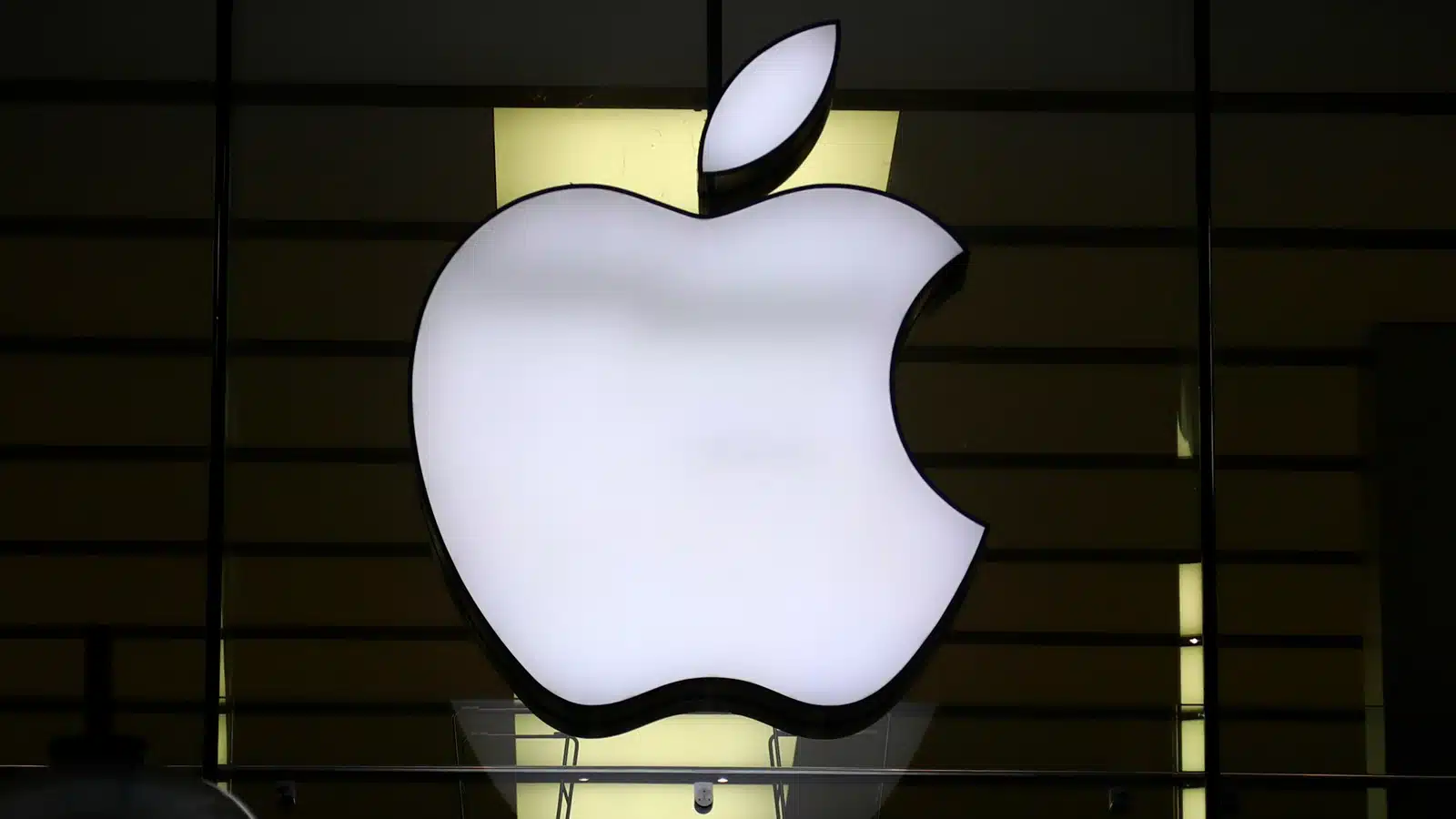The battle lines have been drawn in the digital advertising arena, and it’s not just consumers caught in the crossfire. Apple, long lauded for its privacy-focused stance, has found itself locked in a heated exchange with Meta (formerly Facebook) over the implementation of Europe’s groundbreaking privacy regulations. This clash of the titans has implications not just for the two companies, but for the future of online advertising and data privacy as we know it.
This feud ignited in 2021 when Apple introduced App Tracking Transparency (ATT) as part of its iOS 14.5 update. This seemingly simple feature requires apps to explicitly ask users for permission to track their activity across other apps and websites. While seemingly innocuous, this struck at the heart of Meta’s targeted advertising machine, which relies heavily on such tracking to deliver personalized ads. Meta, which owns Facebook and Instagram, immediately felt the impact, with reported losses in the billions. But this wasn’t just about lost revenue; it was about control, data, and the future of the internet. Apple, by championing user privacy, positioned itself as the ‘good guy’ in the tech world, a stark contrast to Meta’s increasingly tarnished reputation on data privacy.
This isn’t just a Silicon Valley squabble; it’s a global issue with Europe acting as the battleground. The European Union’s General Data Protection Regulation (GDPR), implemented in 2018, laid the groundwork for Apple’s ATT. GDPR gave individuals more control over their personal data, including the right to access, rectify, and erase it. Apple, by aligning itself with these regulations, has effectively used European law as a weapon against its rival, highlighting Meta’s data collection practices and painting them in a negative light.
But Meta isn’t taking this lying down. The company has argued that Apple’s move is anti-competitive, claiming it hurts small businesses that rely on personalized advertising to reach customers. They’ve also invested heavily in developing alternative tracking methods, albeit with limited success. This war of words has spilled over into the public domain, with both companies engaging in PR campaigns to sway public opinion.
The Core Issues:
- Targeted Advertising: This is the crux of the matter. Meta’s business model relies on tracking user behavior to deliver personalized ads. Apple’s ATT disrupts this, forcing Meta to find alternative solutions.
- Privacy vs. Profit: Apple has positioned itself as a champion of user privacy, while Meta prioritizes its advertising revenue. This fundamental difference in values fuels the conflict.
- Competition: Meta argues that Apple’s move is anti-competitive, designed to stifle its advertising business and benefit Apple’s own growing advertising network.
- European Regulation: GDPR has played a key role in this conflict, empowering users and giving Apple the legal framework to implement ATT.
The Fallout:
The impact of this clash extends far beyond Apple and Meta. Here’s how:
- Shifting Advertising Landscape: The effectiveness of targeted advertising is diminishing, forcing advertisers to explore new strategies.
- Increased User Awareness: The public is becoming more aware of how their data is being used, leading to increased demand for privacy.
- Regulatory Scrutiny: Other countries are watching the EU’s lead, with similar regulations likely to emerge globally.
- Power Dynamics in Tech: This conflict highlights the immense power wielded by tech giants and their ability to influence the digital landscape.
My Perspective:
Having worked in the digital marketing space for over a decade, I’ve witnessed firsthand the evolution of online advertising. The rise of targeted advertising was a game-changer, allowing businesses to reach their ideal customers with unprecedented precision. However, it came at a cost – our privacy.
While I understand Meta’s concerns about the impact of ATT on its business, I believe Apple’s move is a step in the right direction. Users should have control over their data and how it’s used. This shift towards privacy-focused advertising may require adjustments, but it will ultimately lead to a more sustainable and ethical digital ecosystem.
The Future of the Conflict:
This battle is far from over. Both companies are deeply invested in their respective positions and are unlikely to back down. We can expect to see continued legal challenges, PR campaigns, and technological innovations as they try to gain the upper hand.
The outcome of this conflict will have a lasting impact on the future of the internet. Will privacy prevail, or will targeted advertising find new ways to thrive? Only time will tell.
Key Takeaways:
- Apple and Meta are engaged in a high-stakes battle over data privacy and online advertising.
- European regulations, particularly GDPR, have played a key role in this conflict.
- The outcome of this battle will have significant implications for the future of the internet.
Looking Ahead:
This ongoing feud raises several important questions:
- How will the advertising industry adapt to the decline of targeted advertising?
- Will other countries follow Europe’s lead in implementing stricter data privacy regulations?
- What role will consumers play in shaping the future of the internet?
This is a dynamic situation with far-reaching consequences. As users, we must stay informed and make our voices heard. The future of our digital world hangs in the balance.






























